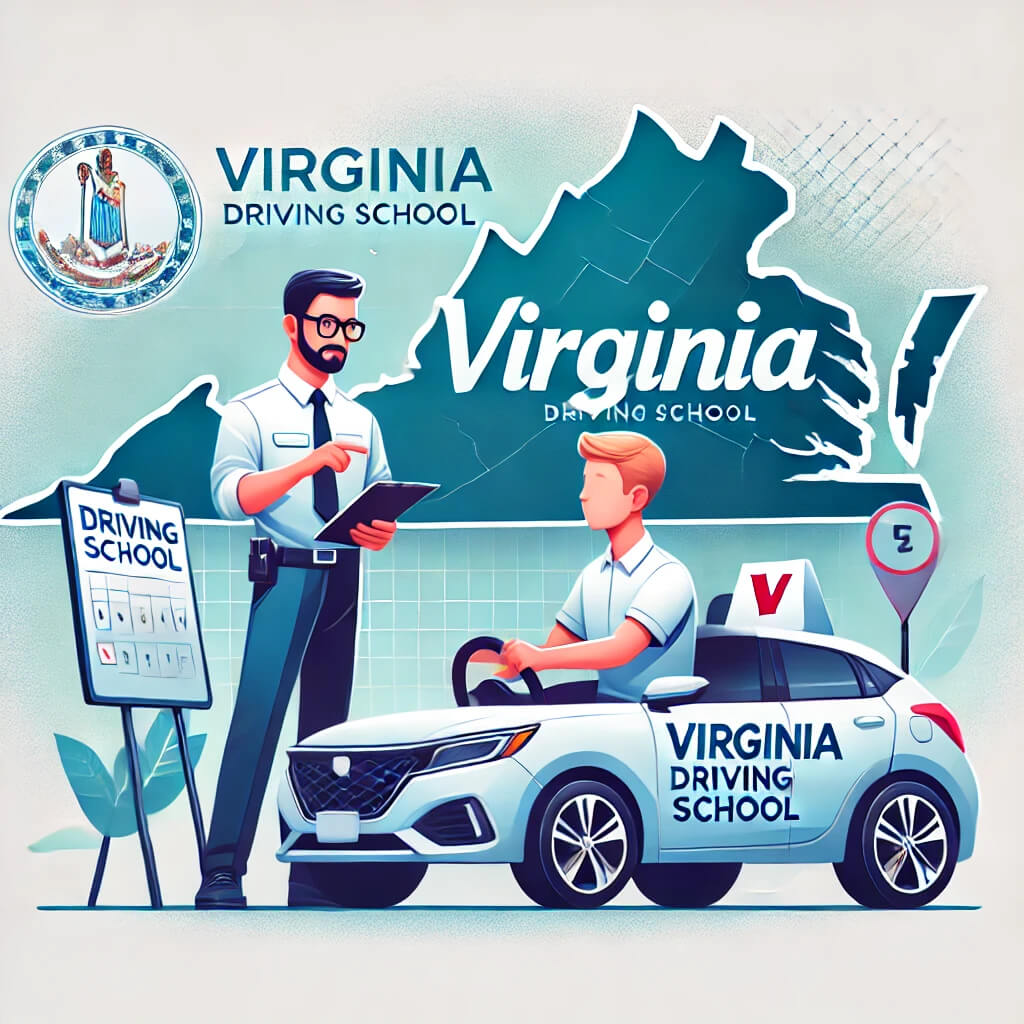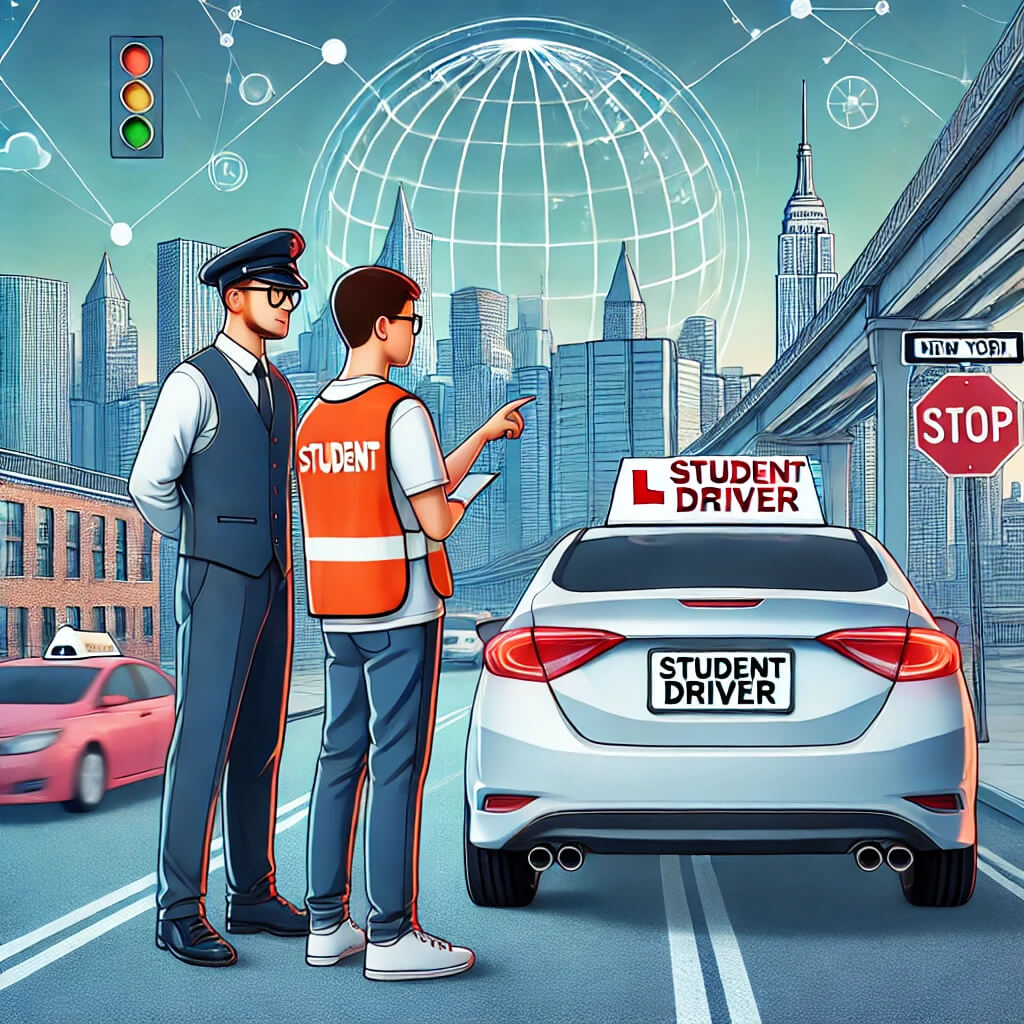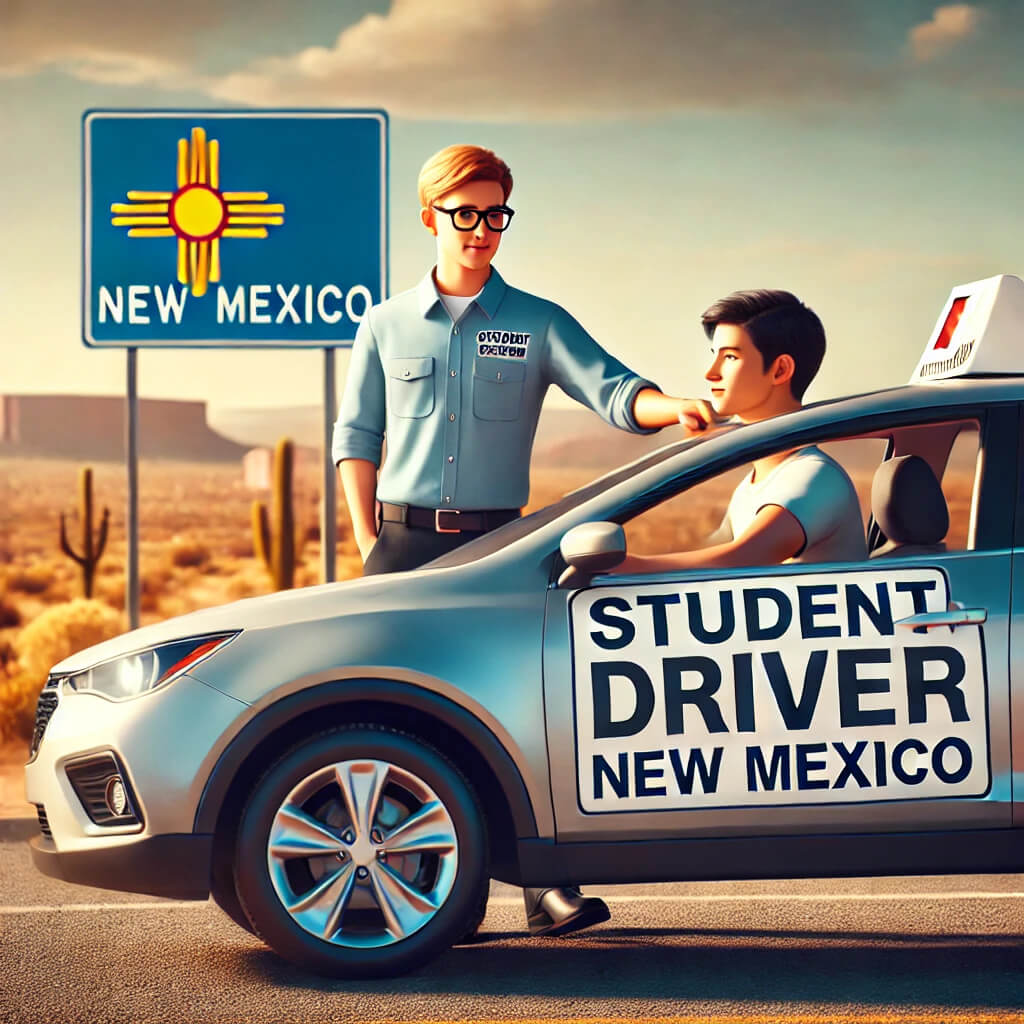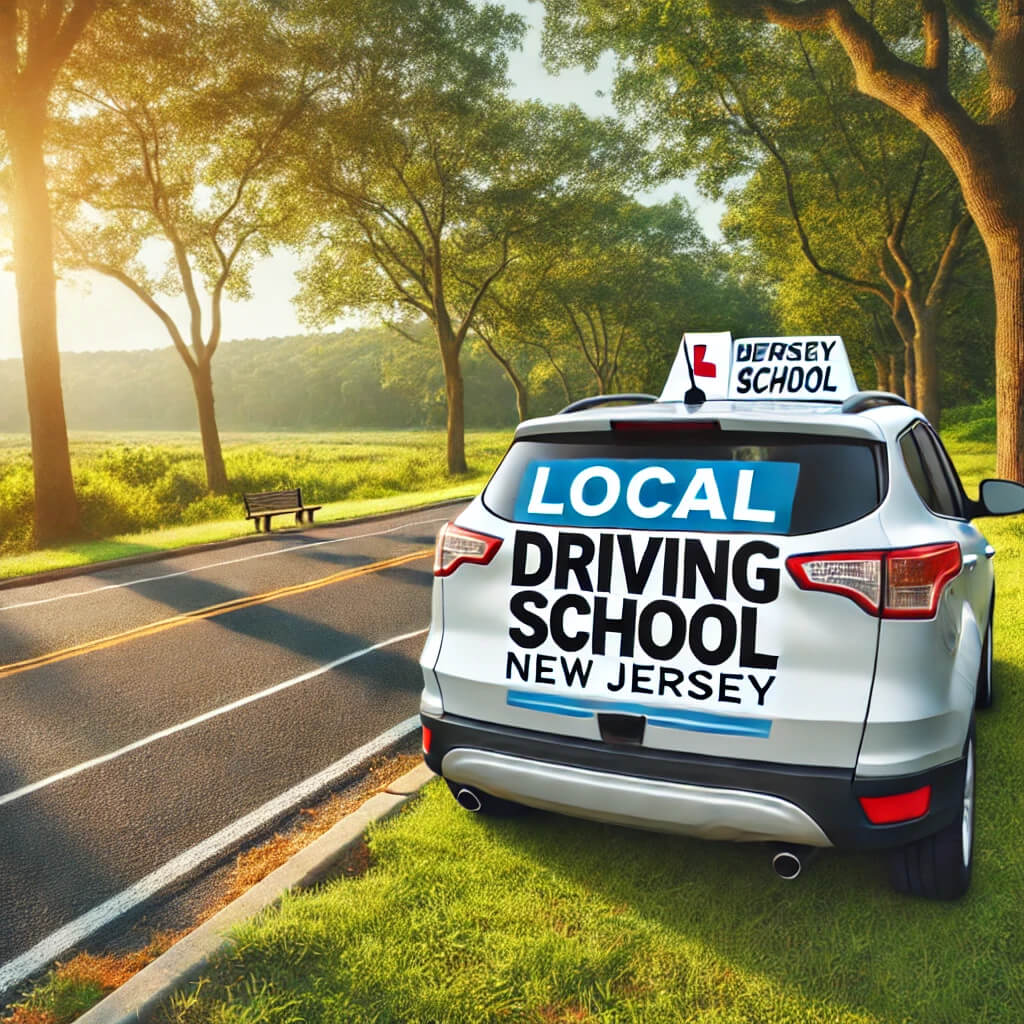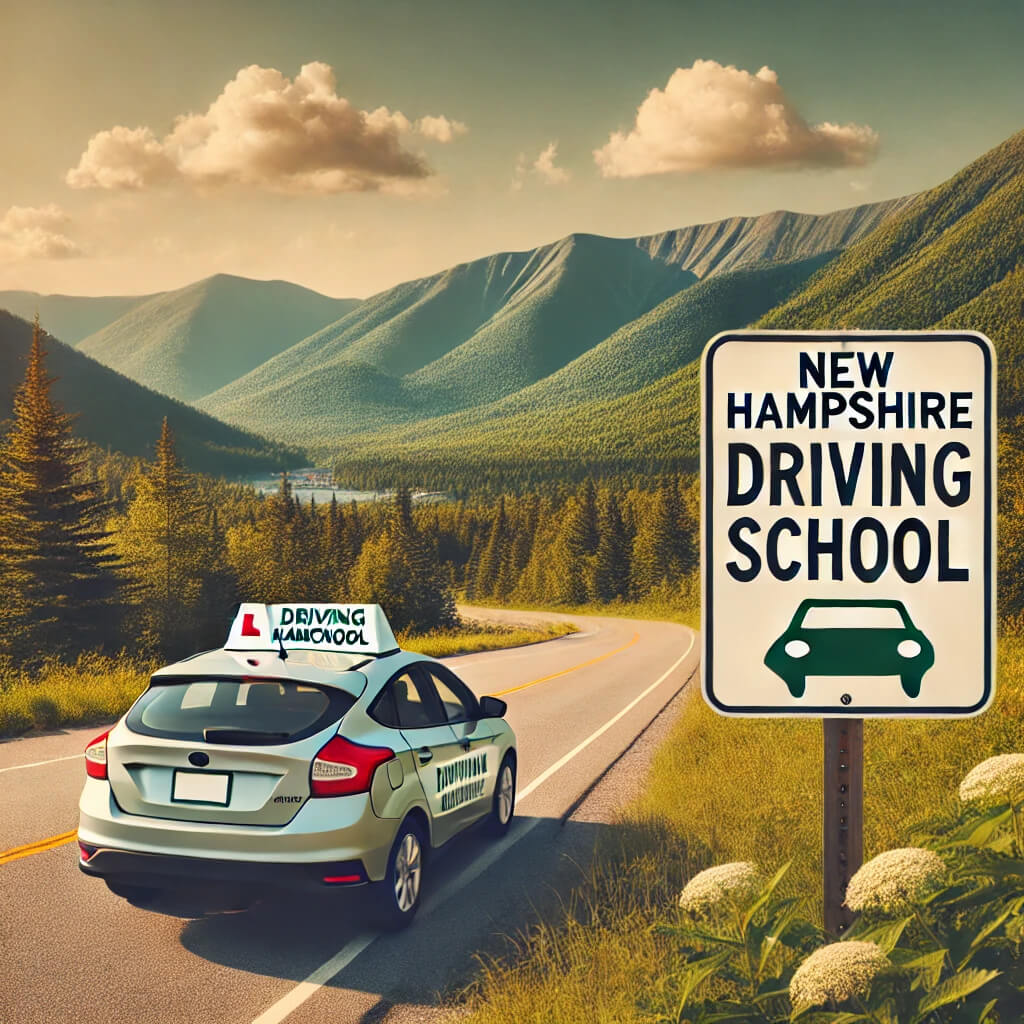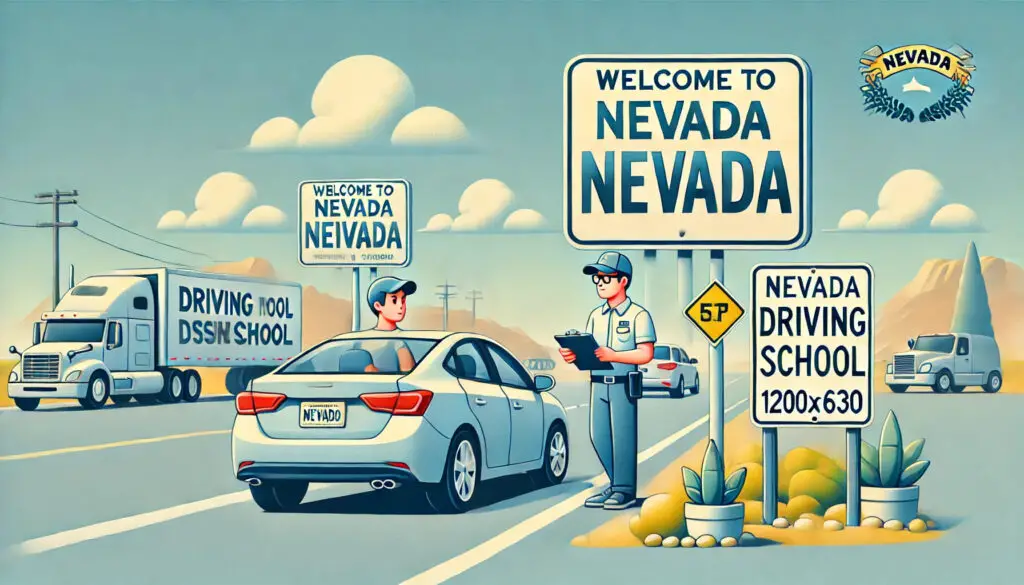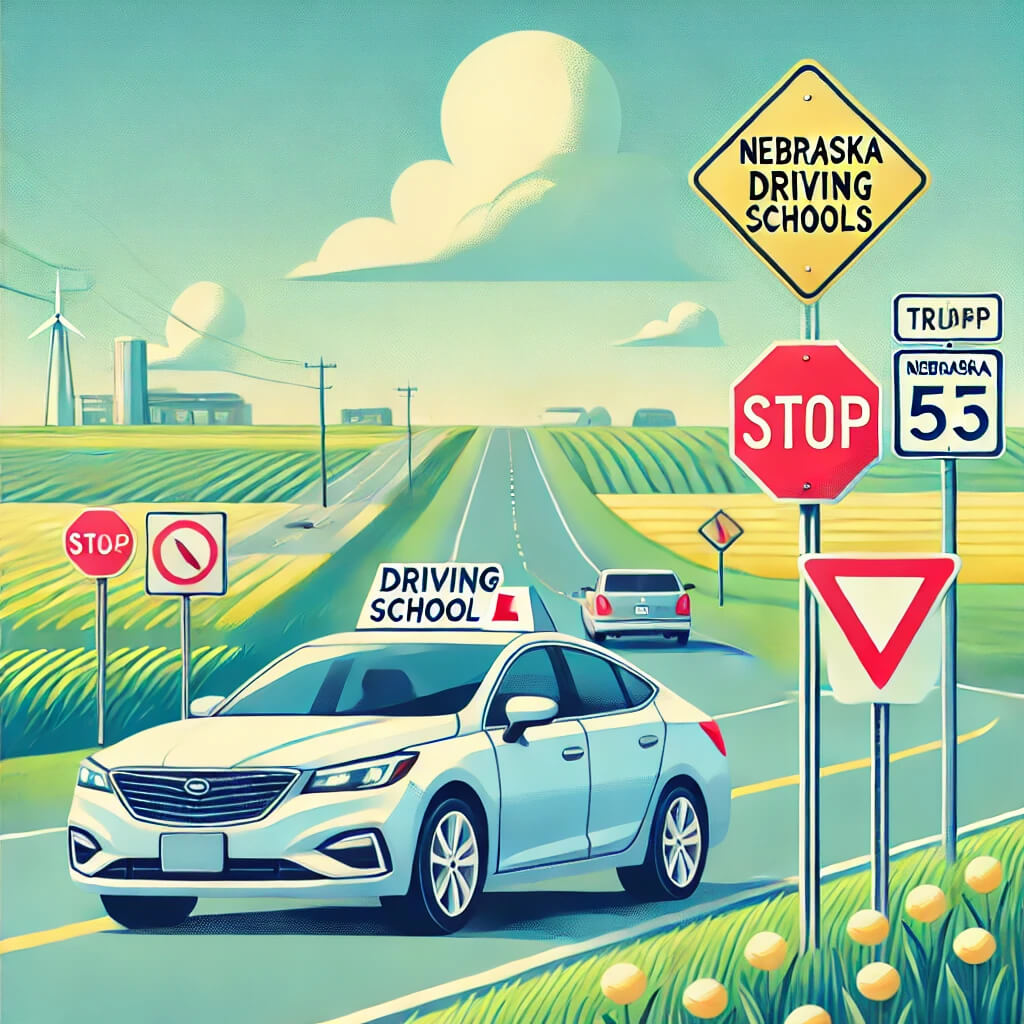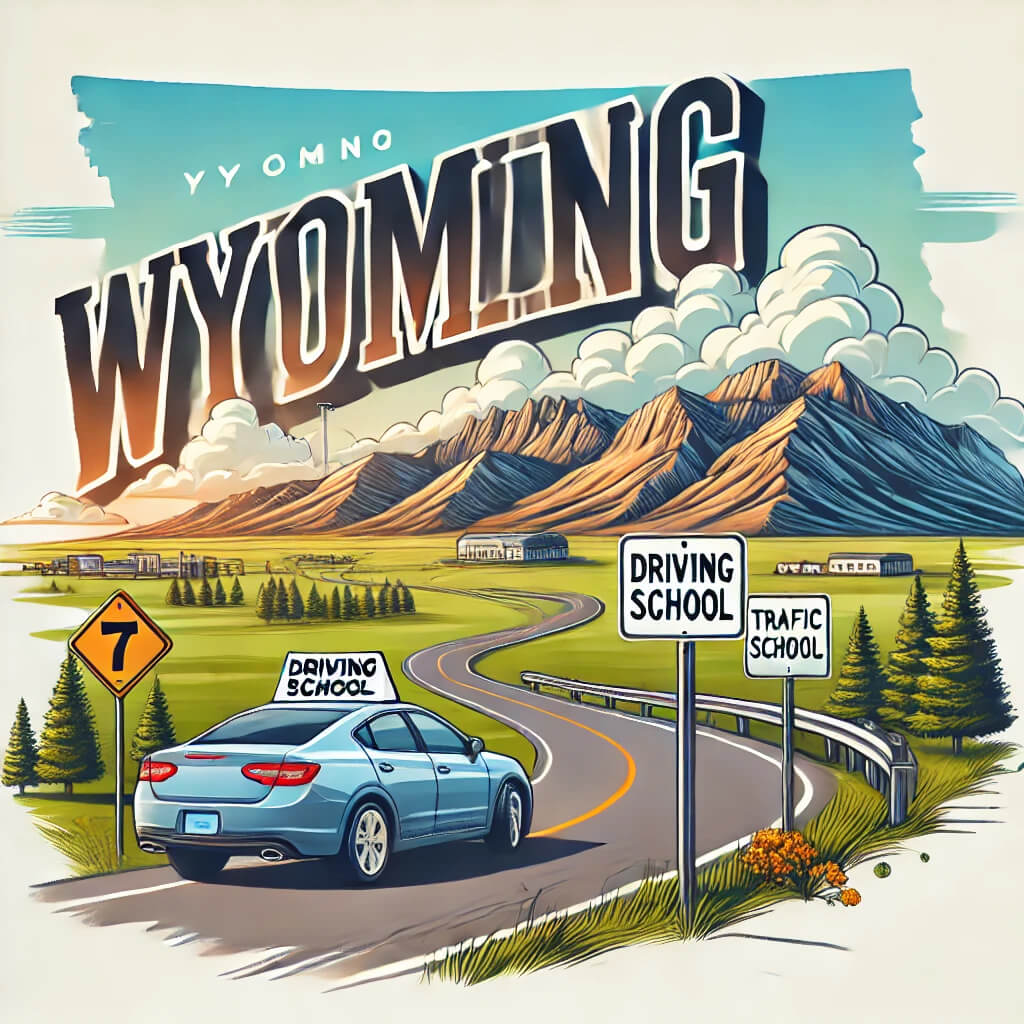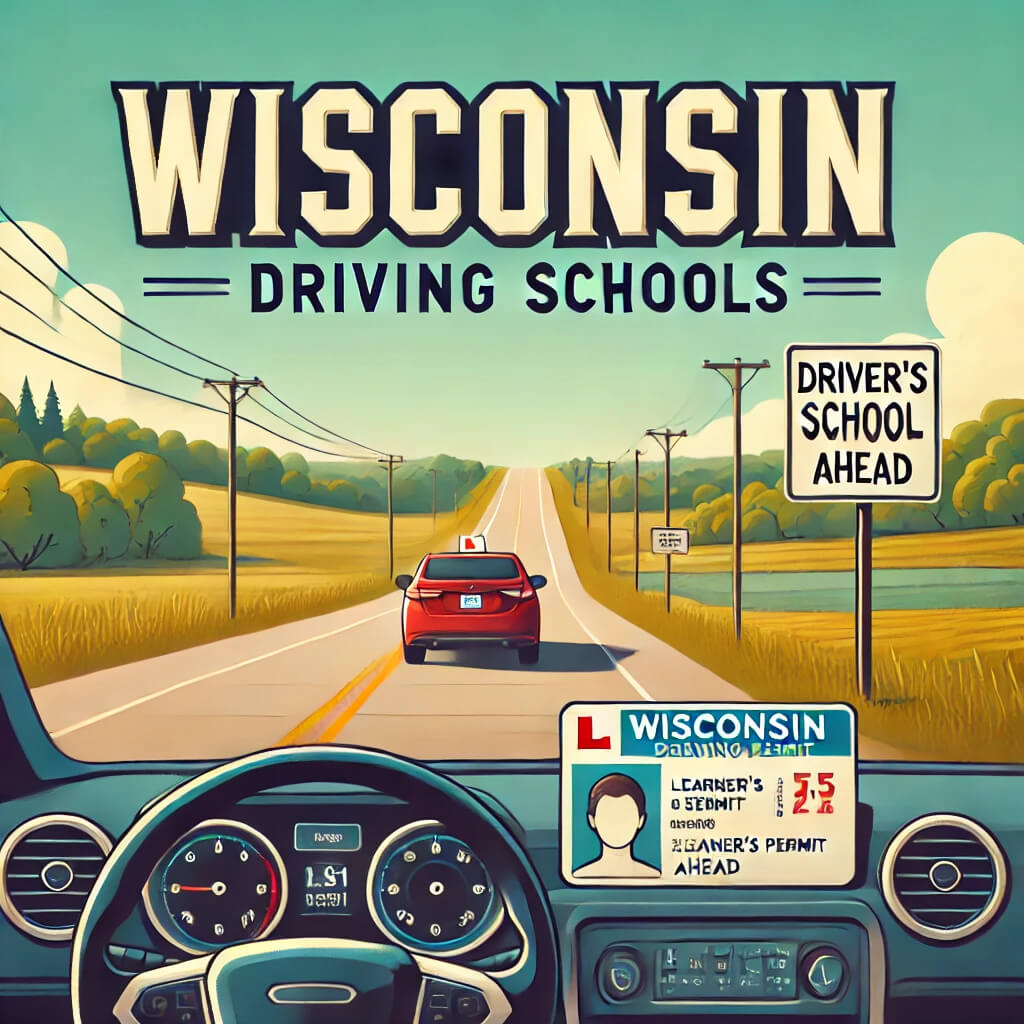1. Introduction to Virginia Driving Schools
Driving is a critical skill, and proper education ensures safety on the roads. In Virginia, enrolling in a driving school is a vital step for both new and seasoned drivers. These schools not only teach the basics of operating a vehicle but also emphasize traffic laws, defensive driving, and road safety.
Importance of Driving Education in Virginia
Virginia’s unique traffic conditions and laws make professional driving education invaluable. With structured guidance, drivers are better equipped to navigate the roads responsibly.
Benefits of Enrolling in a Driving School
- Comprehensive Knowledge: Learn about state-specific road signs and laws.
- Hands-on Experience: Practice under the supervision of qualified instructors.
- Confidence Building: Gain the confidence needed to handle real-world driving scenarios.
Overview of Driving Laws Specific to Virginia
Virginia mandates adherence to speed limits, right-of-way rules, and the use of seat belts. The Graduated Driver Licensing (GDL) program is crucial for teen drivers, emphasizing a phased approach to driving privileges.
2. Types of Driving Schools in Virginia
Traditional Classroom-Based Driving Schools
These schools offer in-person classes, combining theoretical lessons with practical training. Students benefit from direct interaction with instructors.
Online Driving Schools
Online programs provide flexibility for learners, allowing them to study at their own pace. These are ideal for individuals with busy schedules.
Behind-the-Wheel Training Programs
Focused on practical skills, these programs provide one-on-one instruction to help students master vehicle control and safe driving techniques.
Defensive Driving Schools
Designed for advanced learners, these courses teach strategies to avoid accidents, handle emergencies, and improve situational awareness.
3. Eligibility Requirements for Driving School Enrollment
Minimum Age and Documentation Requirements
- Teens: Must be at least 15 years and 6 months old.
- Adults: No upper age limit, but a valid learner’s permit is required.
Residency and Legal Status Considerations
Proof of Virginia residency and legal status is mandatory for enrollment.
Special Requirements for Teen Drivers
Teen drivers must complete a state-approved driver’s education program as part of the GDL requirements.
4. How to Choose the Right Driving School
Factors to Consider
- Accreditation: Ensure the school is certified by the Virginia DMV.
- Location: Choose a school conveniently located near you.
- Cost: Compare pricing and available packages.
Questions to Ask During the Selection Process
- Are instructors certified?
- What is the student-to-instructor ratio?
- Are there any hidden fees?
Checking Reviews and Testimonials
Read reviews and seek recommendations from former students to gauge the quality of instruction.
5. Popular Driving Schools in Virginia
Top-Rated Driving Schools
- Virginia Driving Academy: Renowned for its comprehensive curriculum.
- Nova Driving School: Offers flexible schedules and affordable pricing.
- EZ Driving School: Focuses on defensive driving and DMV test preparation.
Services and Programs Offered
- Beginner and advanced courses
- Defensive driving programs
- DMV test preparation
6. Curriculum and Learning Modules in Virginia Driving Schools
Theoretical Lessons
Covers:
- Traffic laws
- Road signs
- Safety regulations
Practical Training
Includes:
- Vehicle handling
- Parking and lane changes
- Highway and city driving
Mock Tests
Prepare students for the DMV written and road tests through simulated exams.
7. Costs of Attending Driving Schools in Virginia
Typical Pricing Ranges
- Classroom-based courses: $300 – $500
- Online courses: $50 – $150
- Behind-the-wheel training: $300 – $800
Additional Fees
- Study materials
- DMV exam fees
- Certification costs
Budget-Friendly Options
Look for schools offering installment plans or discounts for multiple enrollments.
8. Benefits of Professional Driving Instruction
Confidence Building
Professional instructors provide a supportive environment, boosting new drivers’ confidence.
Reduced Accident Risk
Learning defensive driving techniques significantly lowers the chances of accidents.
Test Preparation
Students are better prepared for DMV exams, increasing their chances of passing on the first attempt.
Conclusion
Virginia driving schools play a pivotal role in fostering safe driving habits and equipping students with the skills needed for road safety. By choosing the right program, drivers of all ages can embark on their driving journey with confidence and competence.

